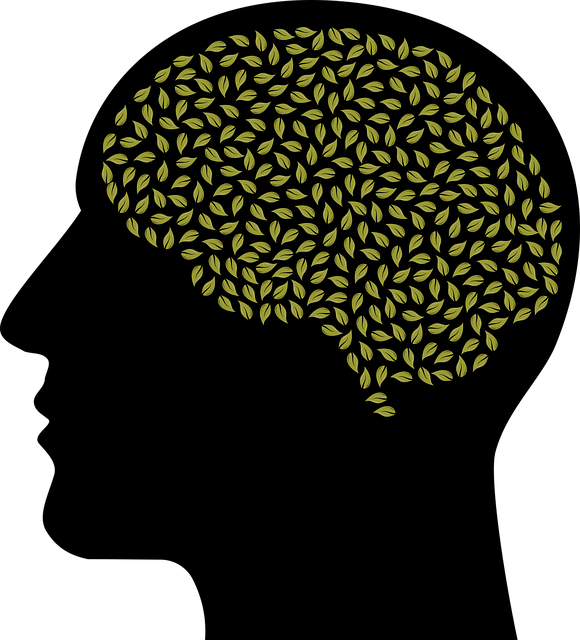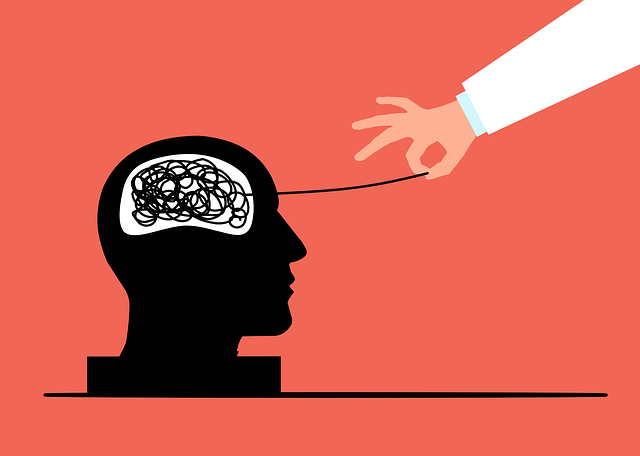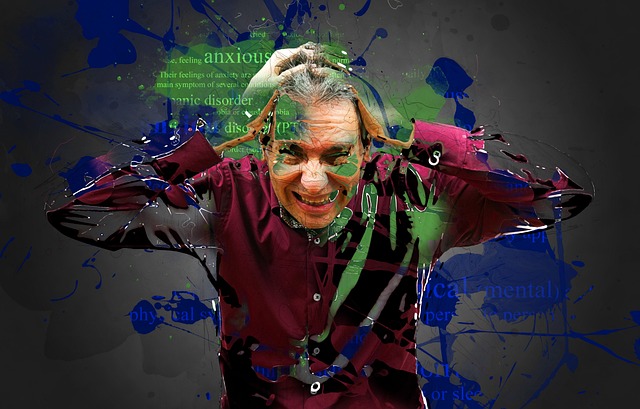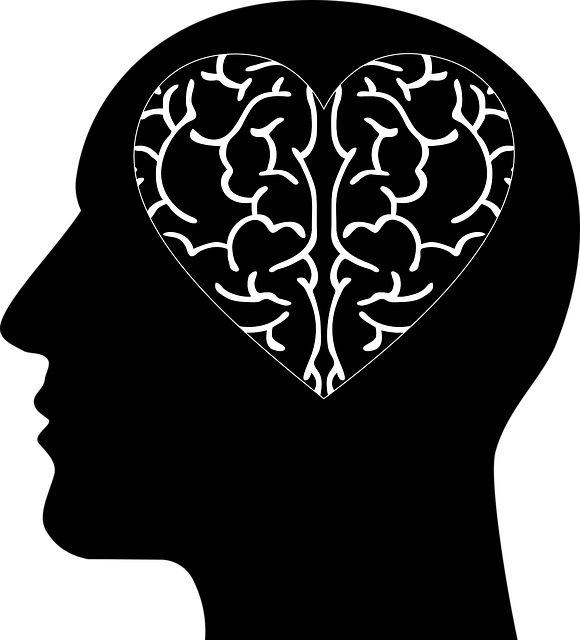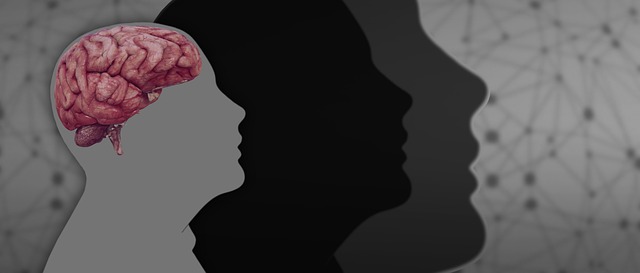Centennial Interpersonal Issues Therapy (CIIT) offers a comprehensive approach to managing anxiety by targeting symptoms and causes through self-awareness exercises, healthy coping mechanisms, and cultural sensitivity. This holistic method improves self-esteem, enhances resilience against life's challenges, and promotes deeper emotional understanding. CIIT combines cognitive behavioral techniques, mindfulness practices, stress management workshops, and focus on interpersonal relationships to provide effective long-term anxiety management for diverse backgrounds.
Anxiety is a prevalent challenge, affecting millions globally. In this comprehensive guide, we explore effective anxiety management techniques, ranging from understanding the complex emotion to evidence-based therapies and coping mechanisms. Discover how Centennial Interpersonal Issues Therapy offers a holistic approach, addressing interpersonal dynamics for long-lasting relief. Learn cognitive behavioral techniques, mindfulness strategies, and building resilience for robust mental health.
- Understanding Anxiety: Unraveling the Complex Emotion
- Centennial Interpersonal Issues Therapy: A Comprehensive Approach
- Cognitive Behavioral Techniques for Effective Management
- Mindfulness and Relaxation Strategies to Combat Anxiety
- Building Resiliency: Long-Term Coping Mechanisms
Understanding Anxiety: Unraveling the Complex Emotion

Anxiety is a complex and multifaceted emotion that can significantly impact an individual’s daily life and overall well-being. It often manifests as a response to various stressors, ranging from everyday challenges to profound existential fears. Understanding anxiety involves recognizing its intricate relationship with thoughts, feelings, and behaviors, which can vary widely from person to person. This complexity necessitates a nuanced approach to management, such as that offered by Centennial Interpersonal Issues Therapy (CIIT).
CIIT focuses on the interconnectedness of interpersonal relationships and personal growth, addressing both the symptoms of anxiety and their underlying causes. By fostering self-awareness exercises tailored to individual needs, this therapeutic framework promotes healthy coping mechanisms. Moreover, it emphasizes cultural sensitivity in mental healthcare practice, ensuring that treatment is inclusive and respectful of diverse backgrounds. This holistic approach aims to enhance self-esteem improvement, enabling individuals to navigate life’s challenges with greater resilience and a deeper understanding of their emotional responses.
Centennial Interpersonal Issues Therapy: A Comprehensive Approach

Centennial Interpersonal Issues Therapy (CIIT) offers a comprehensive approach to addressing various mental health concerns, particularly focusing on anxiety disorders. This therapy model recognizes that interpersonal relationships play a pivotal role in an individual’s emotional well-being and overall mental health. By targeting both personal and social aspects, CIIT provides a holistic solution for managing anxiety effectively.
The therapeutic process involves exploring and resolving interpersonal conflicts, improving communication skills, and fostering healthier connections with others. This approach aims to help individuals understand and change unhelpful patterns in their relationships, thereby reducing the impact of stress and promoting better mental resilience. Additionally, CIIT incorporates strategies for depression prevention and encourages community outreach program implementations, emphasizing the importance of social support networks in managing anxiety and related conditions.
Cognitive Behavioral Techniques for Effective Management

Cognitive Behavioral Techniques (CBT) offer powerful tools for managing anxiety by addressing underlying thought patterns and behaviors. This approach, such as Centennial Interpersonal Issues Therapy, focuses on identifying and challenging negative or distorted thoughts that contribute to anxious feelings. By modifying these cognitive processes, individuals can learn to respond differently to stressful situations, reducing their anxiety levels over time.
Incorporating Cultural Sensitivity in Mental Healthcare Practice is vital within CBT, ensuring that therapeutic methods resonate with individual cultural backgrounds. This tailored approach enhances the effectiveness of treatments, especially when navigating complex interpersonal dynamics. Additionally, participating in Stress Management Workshops Organization can empower individuals to gain practical crisis intervention guidance, equipping them with strategies for immediate relief during anxiety episodes.
Mindfulness and Relaxation Strategies to Combat Anxiety

Anxiety can be a formidable adversary, but mindfulness and relaxation strategies offer powerful tools to combat it. Centennial Interpersonal Issues Therapy (CIIT) emphasizes the importance of these techniques in managing anxiety. By focusing on the present moment and cultivating non-judgmental awareness, individuals can learn to observe their thoughts and emotions without reacting impulsively. This practice helps break the cycle of anxious rumination that often exacerbates stress levels.
Incorporating self-care practices such as deep breathing exercises, progressive muscle relaxation, and meditation into daily routines can significantly contribute to anxiety reduction. These techniques promote a sense of calm and control, enabling individuals to better navigate challenging situations. Moreover, prioritizing burnout prevention through adequate rest, regular physical activity, and healthy eating habits creates a solid foundation for managing anxiety effectively. Remember, risk assessment for mental health professionals is crucial; adopting these mindfulness and relaxation strategies can help professionals maintain their well-being while assisting others in their practice.
Building Resiliency: Long-Term Coping Mechanisms

Building resiliency is a key component of long-term anxiety management. It involves developing coping mechanisms that enable individuals to navigate through challenging situations with greater ease and adaptability. Centennial Interpersonal Issues Therapy (CIIT), for instance, emphasizes the importance of interpersonal relationships in fostering resilience. By addressing underlying interpersonal issues and enhancing communication skills, CIIT helps individuals build stronger connections, which can provide a solid support system during times of stress.
Incorporating Self-Care Routine Development for Better Mental Health is another effective strategy. Regular practices such as mindfulness meditation, physical exercise, and engaging in hobbies can significantly contribute to emotional healing processes. Cultural sensitivity in mental healthcare practice also plays a crucial role, ensuring that therapeutic approaches are tailored to an individual’s unique cultural background and beliefs, thereby enhancing the effectiveness of anxiety management techniques.
Anxiety management is a multifaceted journey, and by combining insights from understanding anxiety, evidence-based therapies like Centennial Interpersonal Issues Therapy, cognitive behavioral techniques, mindfulness practices, and building resiliency, individuals can develop a robust toolkit for coping. These strategies offer long-lasting solutions, empowering folks to navigate life’s challenges with greater equanimity and well-being. Remember, managing anxiety is a continuous process, and with dedication, one can cultivate inner strength and peace.
